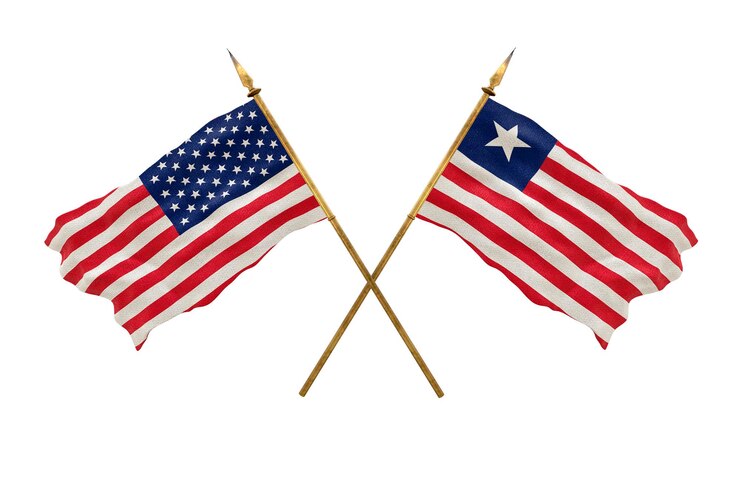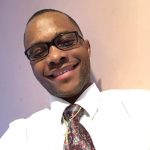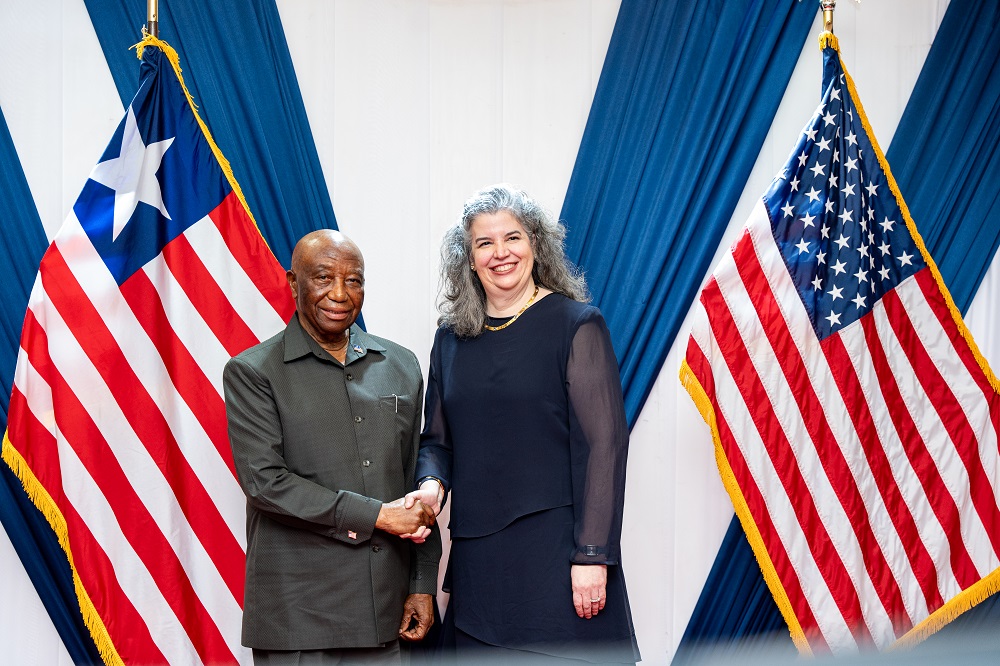TODAY MARKS A STUNNING experience for Liberia as a U.S. delegation attending the 177th Independence Day celebrations headed by Chargé d’Affaires Catherine Rodriguez walked out of the ceremony for the first time in the nation’s history. The walkout was a protest against remarks made by the national orator, Dr. Robtel Neajai Pailey, that the U.S. officials termed “provocative” statements.
IN AN UNPRECEDENTED SPEECH, the 177th Independence Day Orator, Dr. Robtel Neajai Pailey, said the United States has taken so much from Liberia than it has given, “Truth be told, the United States of America has taken more from us than we have received. Liberia is nobody’s stepchild.” These grim words must have sent shivers down the spines of the Americans who are not accustomed to such blunt rhetoric coming from Liberians at such a high-level platform, especially in front of several international leaders serving as guests to the Liberian government.
THE GRAVITY OF THE STATEMENT and the impact it is going to have on the Boakai administration are difficult to tell at the moment. The U.S. government and its representatives to Liberia over the years are known for being very vocal of the various governments of Liberia when they have to. It is certain this matter will have consequences, however small. Considering that Liberia and the U.S. enjoy over 200 years of diplomatic relations, it is not expected that this isolated incident would derail the diplomatic ties between the two countries, but it goes without saying that the Boakai administration has been characterized by one failed events after another starting with the inauguration.

IN AN INITIAL STATEMENT from the U.S. Embassy near Monrovia, the embassy clarified its action stating: “Independence Day Celebrations should be a time for hope, unity and celebration. Introducing divisive rhetoric and unfounded accusations during such an event undermines its purpose. The CDA’s decision to walk out was a measured response to maintain the event’s decorum and spirit.” Responding for the government, Information Minister Jerolinmek Piah said the orator does not speak for the government. “She doesn’t work for the government. She is a private citizen. She has her right to freedom of expression. I do know about the Charge d’Affairs walking out, and if she does that she knows her reasons.”
SINCE THE ELECTIONS that brought President Boakai to office, the U.S. Embassy near Monrovia has been unusually quiet about events in the country. Political pundits are contemplating on whether or not that is going to change going forward. It is also not clear how this unprecedented situation is going to impact the professional career and future of the National Orator Dr. Pailey going forward.
DR. PAILEY IS BEST KNOWN an the author of the monograph Development, (Dual) Citizenship and Its Discontents in Africa: The Political Economy of Belonging to Liberia (Cambridge University Press, 2021), which won both the 2022 African Politics Conference Group (APCG) Best Book Award and the 2023 African Studies Association of Africa (ASAA) Pius Adesanmi Memorial Award for Excellence in African Writing as well as contributed to the passage of Liberia’s dual citizenship law. Her work has also been published in academic journals such as Development and Change, Third World Quarterly, Democratization, African Affairs,Migration Studies, Citizenship Studies, and Review of African Political Economy, amongst others.

Dr. Clarence R. Pearson, Sr. is a Liberian clergy and social scientist with strong interest in advancing global peace, human rights, a safe planet, and social equity. He holds a BA in Theology, and MA with distinction from the Kofi Annan Institute for Conflict Transformation, University of Liberia. He also graduated with honor from the Louisiana Baptist University and Seminary, Shreveport, Louisiana, USA with A PhD in Psychology and Counseling. Dr. Pearson is a social researcher, an educator, and an author. He has over 29 years of practical professional experience in post-conflict peace-building, recovery, and development with emphasis in both the public and private sector.

